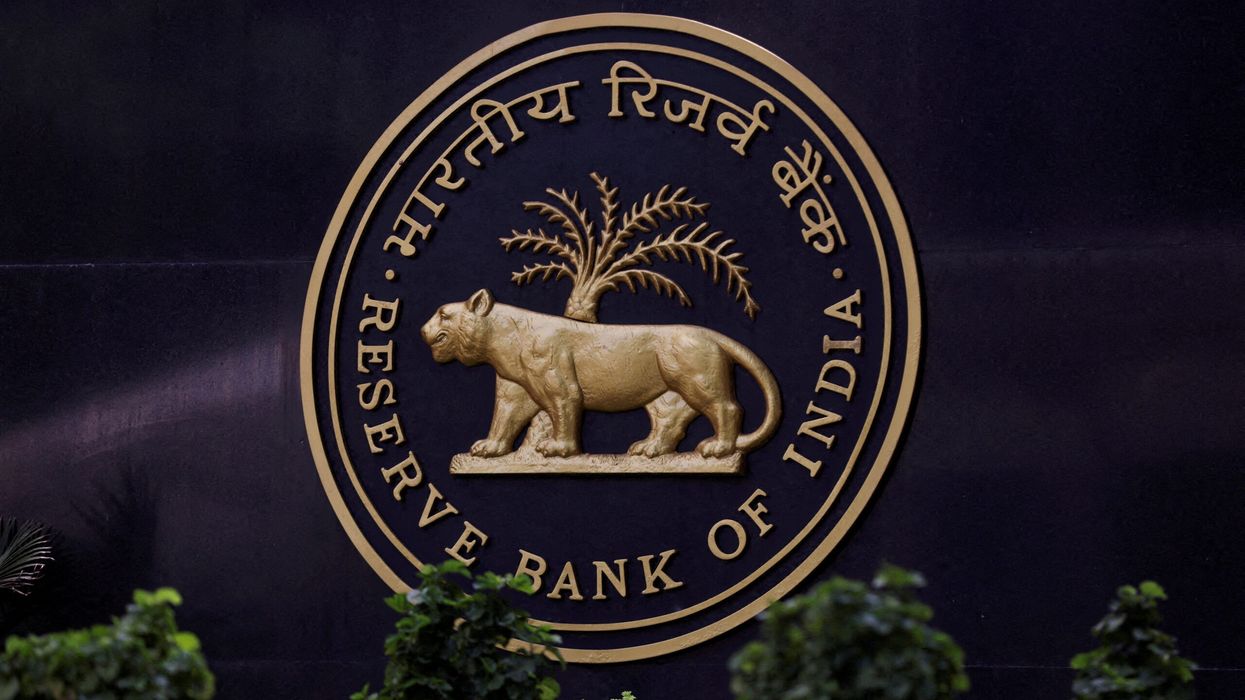THE RESERVE BANK OF INDIA (RBI) reduced interest rates on Friday for the first time in nearly five years, citing concerns over economic growth despite inflation risks.
The central bank announced a 25-basis-point cut in the benchmark repo rate to 6.25 per cent, the rate at which it lends to commercial banks.
While major central banks worldwide eased rates last year, India's central bank had held off due to inflation concerns. Retail inflation in the country dropped to a four-month low of 5.22 per cent in December but remained above the RBI’s medium-term target of four per cent.
With inflationary pressures easing, the focus has now shifted to supporting growth. India’s economy expanded at a slower pace than expected in the September quarter due to weak manufacturing and sluggish urban consumption.
For the current fiscal year, growth is projected to be at its slowest pace since the Covid-19 pandemic, after an expansion of over eight per cent last year.
RBI governor Sanjay Malhotra, in his first monetary policy review, said inflation was "expected to further moderate in 2025-26." While growth is expected to improve from the September quarter lows, he noted that it remained "much below" last year's levels.
"Considering the existing growth-inflation dynamics... a less restrictive monetary policy is more appropriate at the current juncture," Malhotra said.
His approach is seen as less hawkish than that of his predecessor, Shaktikanta Das, who raised rates by 2.5 percentage points between May 2022 and February 2023 to control inflation. The RBI last cut rates in May 2020.
The rate cut comes less than a week after the government introduced income tax reductions in its annual budget to boost consumer spending amid high food prices and weak wage growth.
India’s economy grew 5.4 per cent in the September quarter, the slowest in seven quarters and below analysts' expectations of 6.5 per cent.
Despite this, India remains one of the fastest-growing major economies, though recent figures suggest a slowdown from the strong growth seen in 2023 and early 2024.
(With inputs from AFP)




